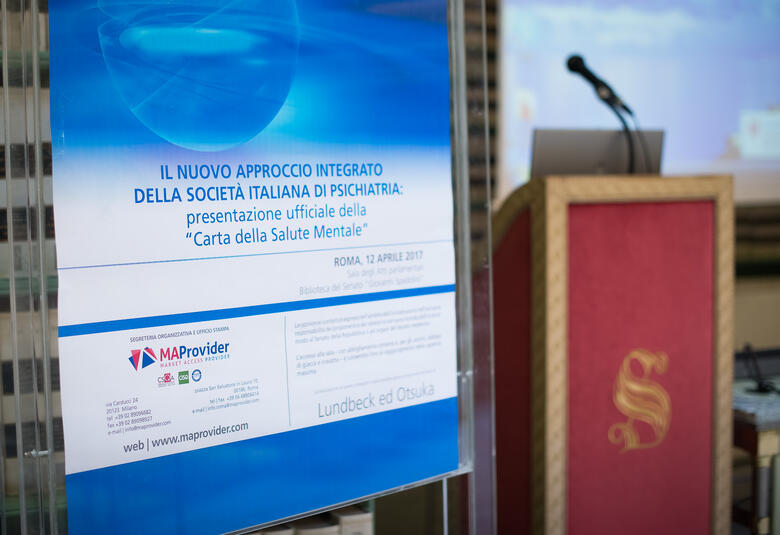
Dr David Lopez Gomez on the importance of trust and autonomy
Dr David Lopez Gomez, Alcobendas, Madrid, Spain talks about the importance of establishing trust and autonomy in the management of schizophrenia.
Trust and autonomy in schizophrenia management
Dr David Lopez Gomez is a consultant physician working near Madrid, Spain. The majority of Dr Lopez Gomez’s patients with schizophrenia are seen in an outpatient setting, usually 4-6 weeks after they have started to receive antipsychotic medication, either following initial diagnosis or post-relapse. Consultations are bi-monthly, although the patients attend clinic every month when they are seen by a psychiatric nurse.
Compromise and trust - generating compliance
Part of this trust building includes making the patient aware of any possible side-effects of a prescribed medicine and encouraging them to report them.
“Treatment goals are set with the patient, Dr Lopez Gomez stated, “I like the patient to make the final decision. Patients have to be comfortable with their psychiatrist and be able to trust them – otherwise they won’t come to clinic for follow-up. For example, at the first visit my priority is to want to stabilise positive symptoms but the patient may not want to accept medication. By suggesting a lower dose of an antipsychotic than I would usually want to prescribe, and by adjusting the dose according to the patient’s feedback, their trust can be gained.”
Part of this trust building includes making the patient aware of any possible side-effects of a prescribed medicine and encouraging them to report them. In this way, any unwanted side-effects can be handled, either by switching medication of by adjunct prescribing, thereby supporting and encouraging therapeutic compliance. “Ultimately, the patient is the best judge of whether a therapy is working,” said Dr Lopez Gomez
Tough love and the attainment of autonomy
While stabilisation of the positive symptoms of schizophrenia is the first goal, establishing what is important to the patient and helping them attain this runs a close second. Autonomy is important to the patient’s overall wellbeing and quality to life. That’s not to say that working with families and other supporters isn’t important but getting families to understand that being overprotective may not always be in the patient’s best interests certainly is. Supporting a family member’s ability to function independently may often be the best thing to do to help someone they care about.
Every new antipsychotic agent that becomes available is another tool to further aid in a patient with schizophrenia’s management. The newer generation long acting injectable antipsychotics, in particular can greatly aid both patients and families. Because patients take their meds regularly through regular monthly appointments, the family anxieties that can arise through poor compliance are allayed. In Dr Lopez Gomez’s opinion, these newer, long acting injectable antipsychotic agents have fewer associated side-effects than older agents and appear quite well tolerated. They are offered as an option to almost all patients, whether after first psychotic episode or several relapses, as all patients can gain benefit. But, ultimately, in Dr Lopez Gomez’s clinic, the patients decide.
Our correspondent’s highlights from the symposium are meant as a fair representation of the scientific content presented. The views and opinions expressed on this page do not necessarily reflect those of Otsuka and Lundbeck.



